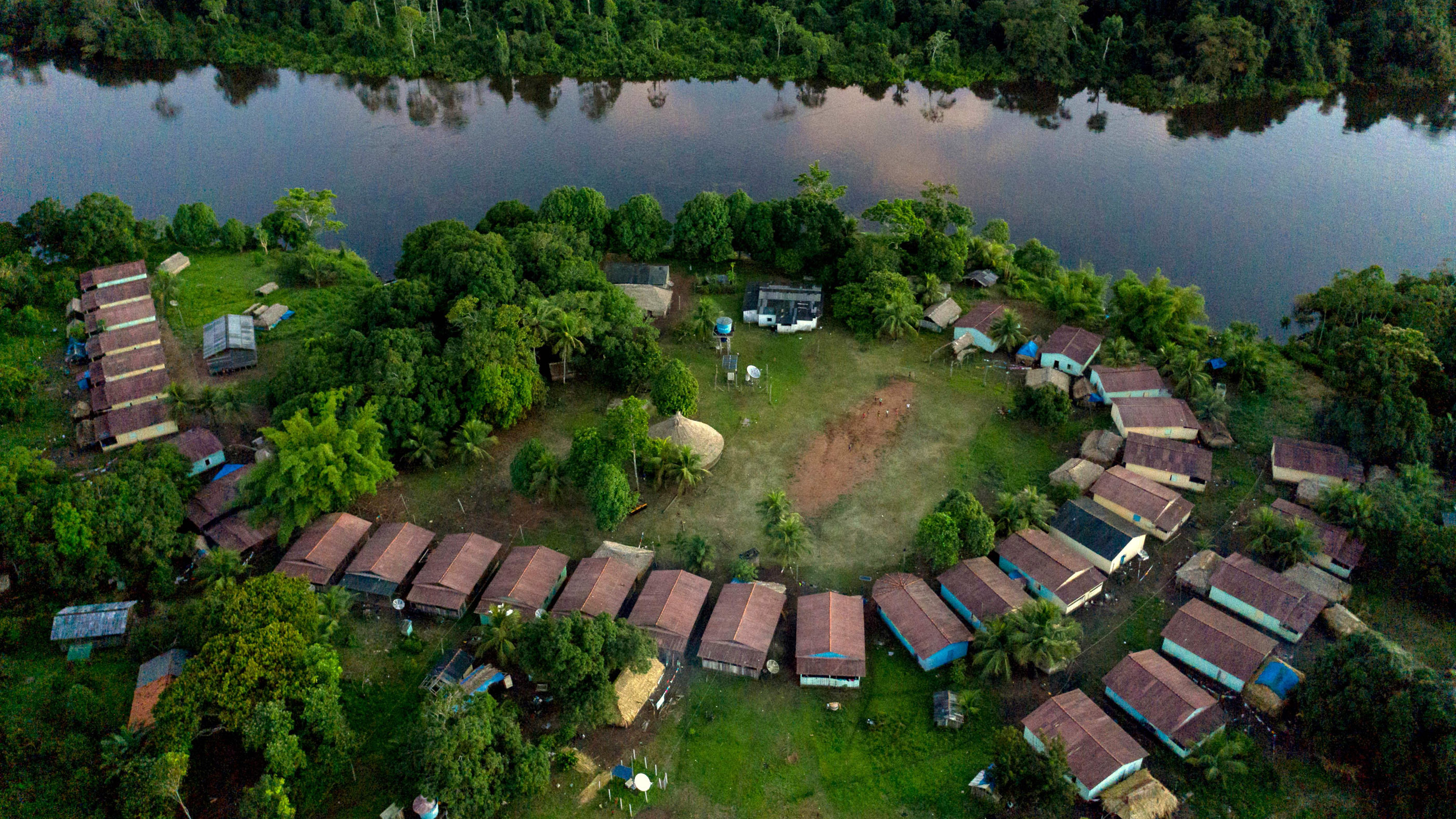Coronavirus devastates indigenous tribes in the Brazilian Amazon
At least 46% of the Arara people on the Cachoeira Seca territory are infected.

The coronavirus is ravaging indigenous tribes living in the Amazon rainforest as it sweeps across Brazil.
Brazil has the second-largest outbreak in the world and has reported nearly 1 million cases of COVID-19 and more than 47,700 related deaths, according to the Johns Hopkins virus dashboard. But while the mortality rate is about 6.4% among the Brazilian population, that number rises to 12.6% among indigenous populations, according to CNN.
By the end of May, there were more than 980 coronavirus cases and 125 COVID-19 related deaths in Brazil's indigenous populations, according to numbers from the advocacy group Articulation of the Indigenous Peoples of Brazil, CNN reported.
Related: 13 coronavirus myths busted by science
One tribe, the Arara people of the Cachoeira Seca territory, have been particularly hard-hit, with 46% of its 121 people living in the reserve infected, according to Survival International, an organization that advocates for and defends indigenous rights.
"We're very worried," an Arara man told Survival International. At the health post that's near their village, "there is no medicine, no ventilator." The village itself is located three days away from the city and the nearest hospital, he said.
The Arara tribe was first contacted in 1987, relatively recently in societal history, which makes them particularly vulnerable to outside diseases, according to Survival International. "We're asking for protection with these coronavirus cases," the Arara man told Survival international.
Sign up for the Live Science daily newsletter now
Get the world’s most fascinating discoveries delivered straight to your inbox.
From January 2019 to March 2020, the Amazonian land where the Arara and other indigenous groups live has lost more than 8,000 hectares of forest because of illegal invaders and loggers, and is "one of the most deforested areas in the entire biome," according to a statement from the Federal Public Ministry in the Brazilian state of Pará posted on May 7.
These indigenous groups, made up of roughly 900,000 people, have lived in the rainforest for thousands of years. But Brazil's President Jair Bolsonaro has said that indigenous people's lands and cultural rights should be taken away, and they should be integrated into society, according to a previous BBC report.
- 11 surprising facts about the respiratory system
- The 9 deadliest viruses on Earth
- 28 devastating infectious diseases
Originally published on Live Science.
OFFER: Save 45% on 'How It Works' 'All About Space' and 'All About History'!
For a limited time, you can take out a digital subscription to any of our best-selling science magazines for just $2.38 per month, or 45% off the standard price for the first three months.

Yasemin is a staff writer at Live Science, covering health, neuroscience and biology. Her work has appeared in Scientific American, Science and the San Jose Mercury News. She has a bachelor's degree in biomedical engineering from the University of Connecticut and a graduate certificate in science communication from the University of California, Santa Cruz.










